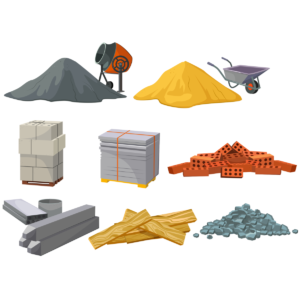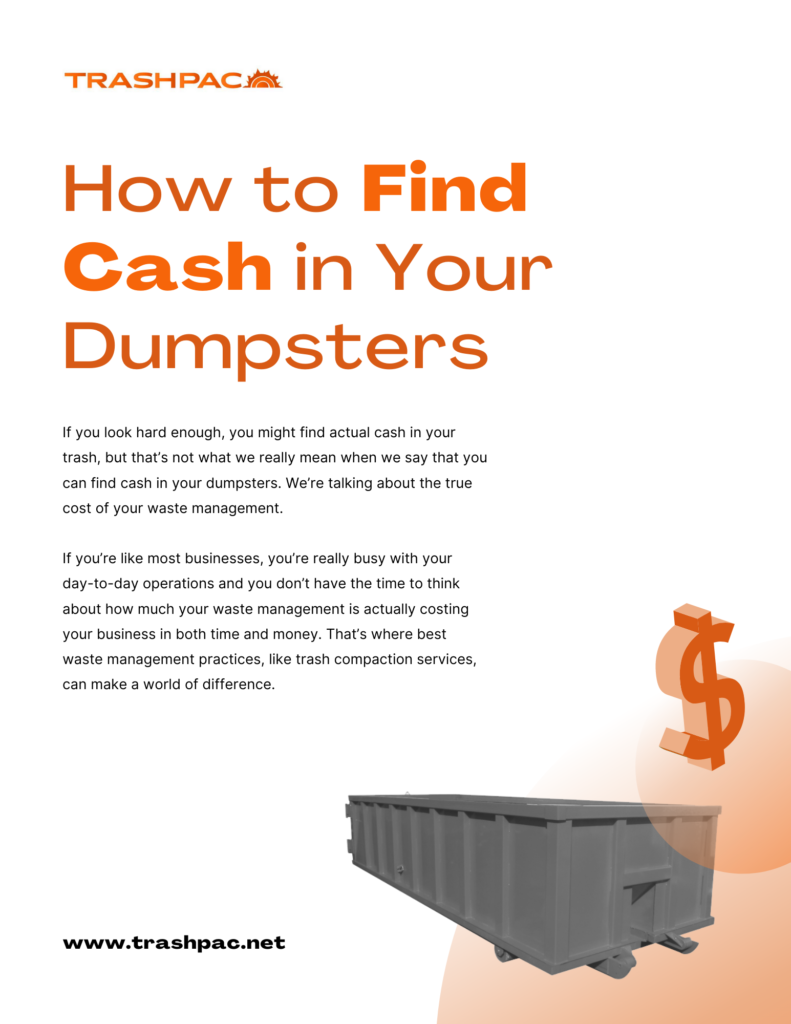For construction teams, waste management isn’t usually a favorite part of the job.
Waste can be unsightly, unwieldy, and even dangerous. Plus, keeping up with code and permit requirements for different types of waste isn’t easy—nor is it cheap.
Waste management may be a hassle, but there’s no avoiding it. So, you might as well excel at it. Following a few best practices helps your team maintain worksites that are safe, clean, attractive, and cost-efficient.
Smart and Safe Construction Site Waste Management Practices
Construction site waste can easily get out of hand. By properly attending to your worksite’s refuse material, you can avoid project delays and other waste management concerns.
To stay on top of your construction site’s waste management demands, follow these best practices.
Separate Your Materials as Much as Possible
Different waste materials carry varying legal requirements concerning disposal. For example, if you’re working on an older building, you might need to remove some asbestos waste from the site. However, asbestos can only be removed using proper protocols and taken to a specially-designated landfill.
When Possible and Safe, Break Down Materials into Smaller Pieces
When a dumpster appears to be full, oftentimes it’s really just full of air. Irregularly-shaped objects create geometric inefficiency. Reducing items into smaller pieces opens up lots more space in your containers.
Materials such as wood, sheetrock, and old concrete should be broken down whenever it’s possible to safely do so. This saves dumpster space, slowing down your fill rate and reducing landfill trip frequency.
Separate Recyclable and Disposable Materials
Salvage recyclable materials. Depending on where you’re located and other job-specific factors, commonly-recycled construction waste materials include:
- Metal
- Glass
- Wood
- Landscaping debris
- Concrete
For major construction projects that produce large volumes of waste, proper recycling makes a big difference in reducing a project’s environmental impact.
Inquire with the local waste management authorities to learn exactly what can and can’t be recycled. Then, set up and maintain clearly-marked separate containers for recyclables. Make sure that everyone on your team understands and follows your recycling policy.
Get At Least One Extra Dumpster
It’s not easy to predict how many dumpsters are needed for a construction job. The amount of waste a project will generate is often underestimated. Attempting to save money on dumpster costs can backfire if you end up producing more waste than anticipated.
If you think you’ll need one dumpster, order two. If you think you’ll need two, order three.
That way, you’ll always have some extra space. Maintaining excess dumpster capacity prevents project delays. You’ll also avoid risking safety or pollution issues that can occur when waste containers overflow.
Handle Waste With the Proper Tools and Equipment
Never underestimate potential safety hazards associated with waste management.
Construction waste can be heavy, sharp, or toxic.
When handling waste, use basic safety gear like durable gloves, goggles, and hardhats. Make sure your team has the proper training and certification to operate any heavy machinery, such as cranes or backhoes, used for waste removal.
Contract With a Specialist for Hazardous Waste Removal
If you identify hazardous waste at your worksite, separate it from your other waste materials. If you can’t safely remove it, contract with a hazardous waste specialist.
Additionally, review your permit and code requirements. See if there are any special notes regarding the type of waste that you’re dealing with. When in doubt, contact the local authorities to make sure you’re following all required procedures.
Team Up With a Trash Compaction Service to Save Dumpster Space
Dumpsters filling up too quickly? A trash compaction service can reduce the volume of waste in your containers. Dumpster compaction involves pressing and grinding waste, dramatically reducing its volume. More room in your dumpsters means fewer landfill trips, minimizing the costs and environmental impacts associated with waste hauling.
Professional Trash Compaction for Your NJ Construction Project
Trashpac is a mobile trash compaction service located in East Brunswick, New Jersey.
We specialize in open-top roll-off dumpster compaction. With the help of a steel drum roller, we grind, smush, and compress whatever’s inside your dumpster. Our process reduces your dumpster’s volume by 40-60 percent.
Packing more material into your waste containers allows your team to get more work done between landfill trips—saving time and money.
Contact Trashpac to schedule a free demo for your business.


